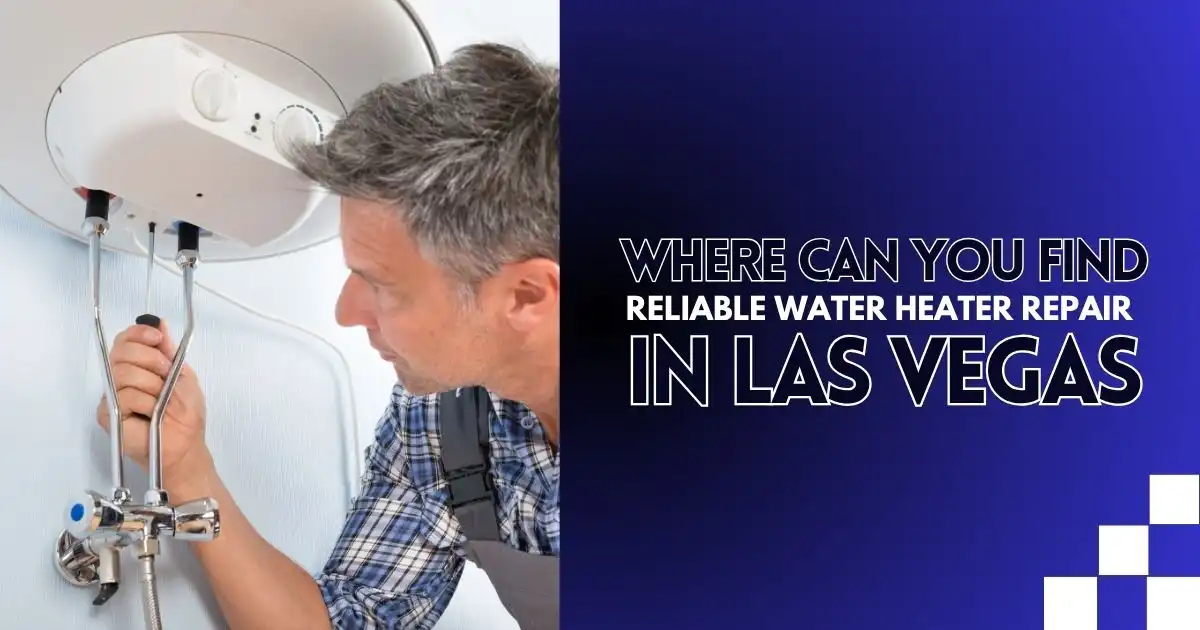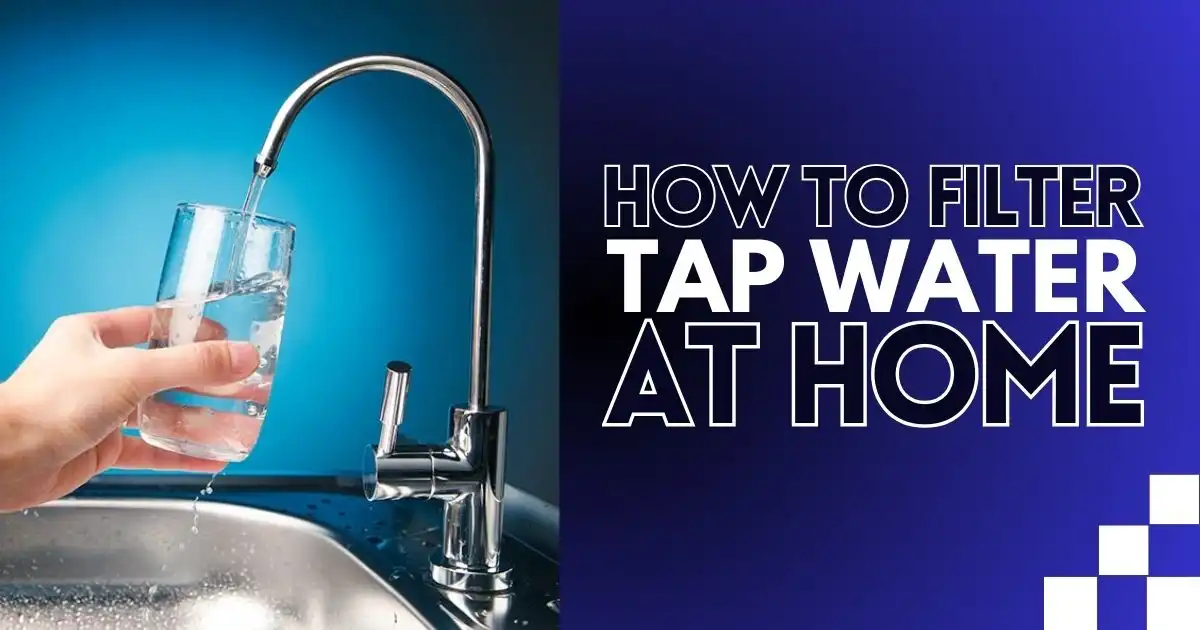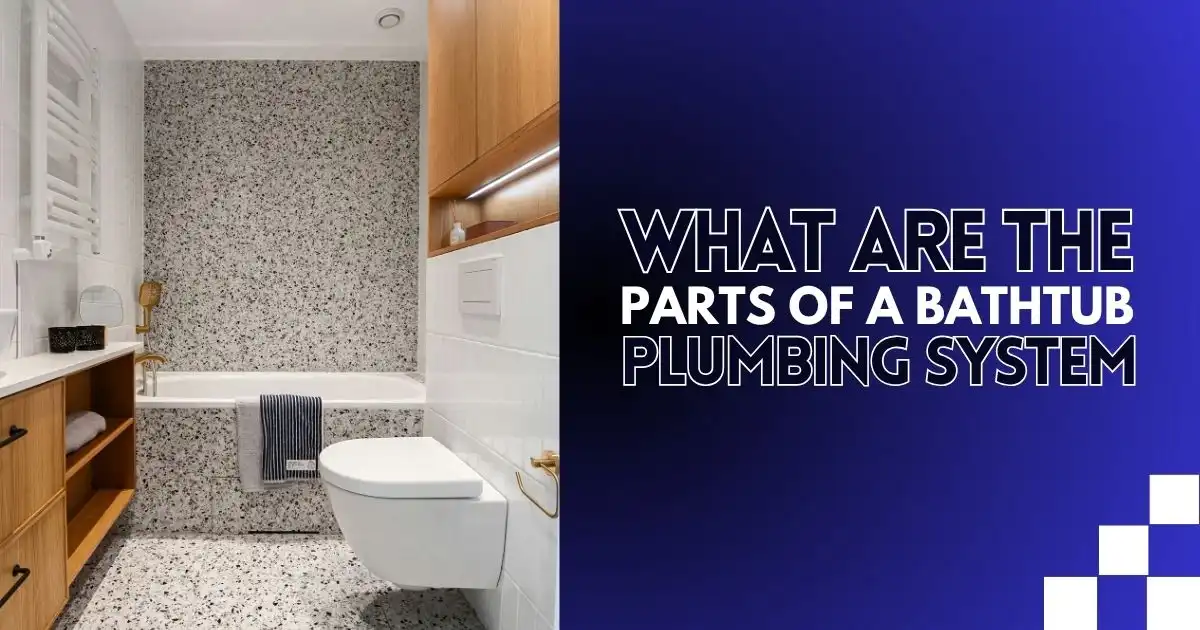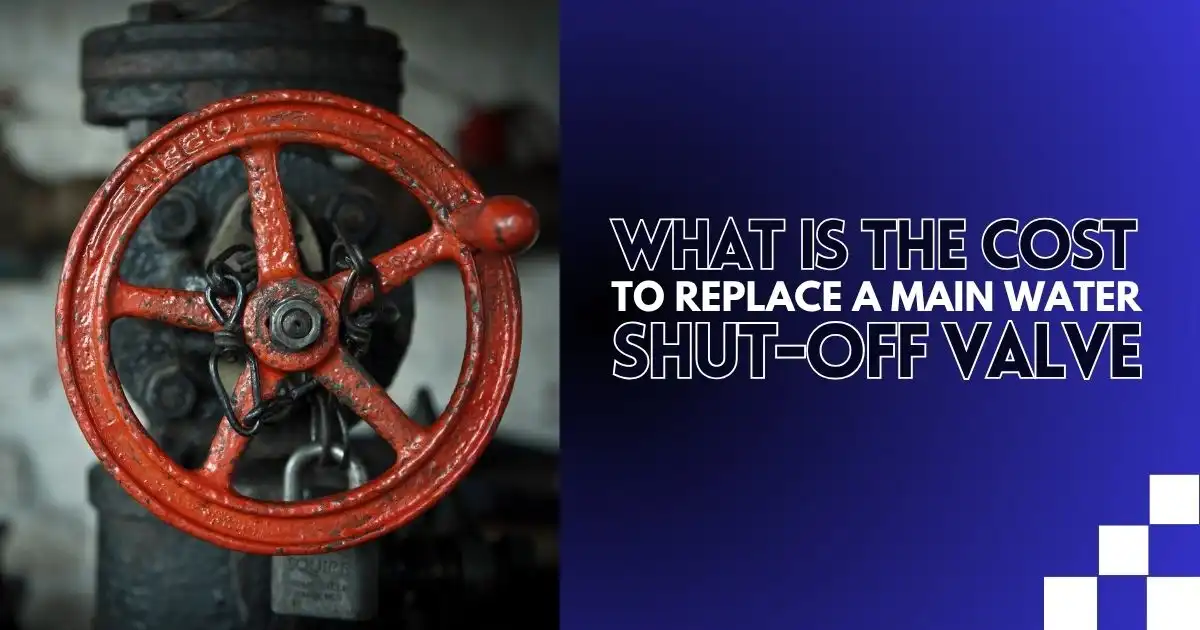Waking up to a cold shower can ruin your whole morning, especially when you already have enough on your plate. Home repairs always seem to come at the worst time, and a broken water heater is one of those problems that can throw your routine—and your budget—off balance.
Where hard water wears appliances down faster, finding reliable water heater repair is more than just another task on your list—it’s a way to save yourself from bigger headaches and unexpected costs down the road.
Signs Your Water Heater Needs Repair
Your water heater is essential for daily comfort, but it can develop problems over time. Watch for these warning signals in your home.
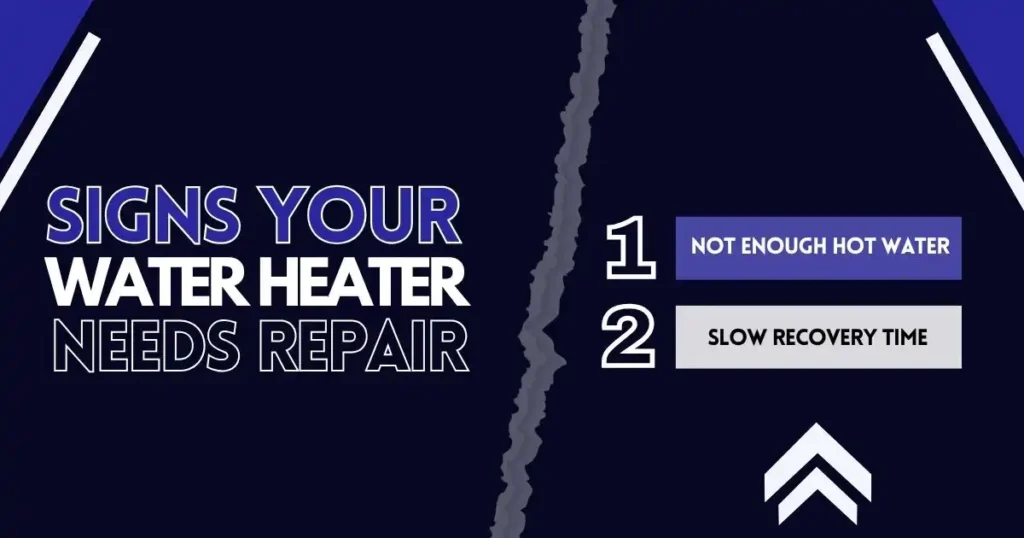
1. Not Enough Hot Water
If you notice your showers turning lukewarm too quickly or the water never heats up enough, the heating elements or thermostat may be failing. This is a common issue and replacing a heating element usually costs between $200 and $300.
2. Slow Recovery Time
Does your water heater take a long time to reheat after use? This often points to a faulty heating element or sediment buildup. In Las Vegas, hard water is a known cause of sediment collecting inside the tank, which slows down heating.
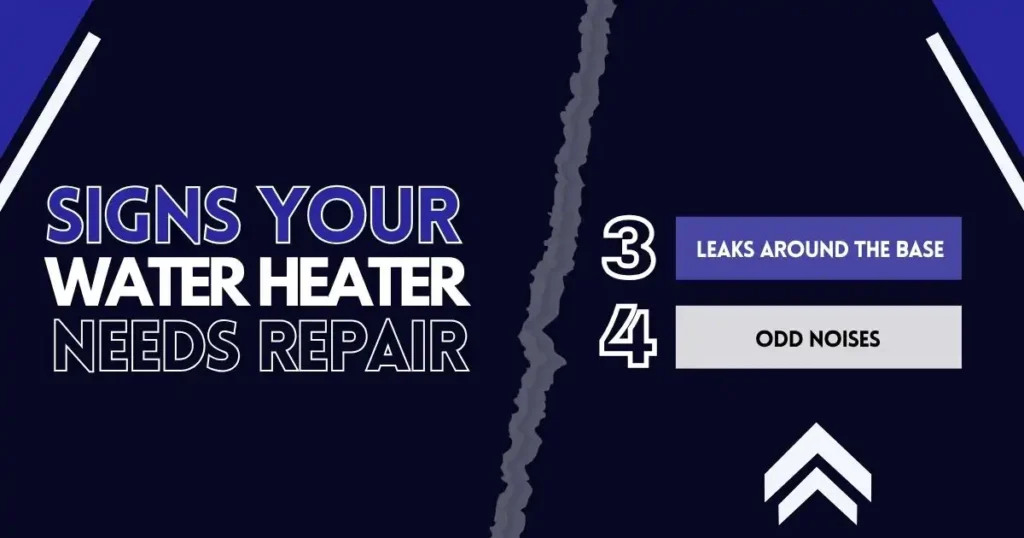
3. Leaks Around the Base
If you see water pooling near the base of your water heater, it usually means there is a leak. This can be caused by a cracked tank or loose fittings. Leaks should never be ignored, as they can quickly lead to water damage in your home.
4. Odd Noises
Strange sounds such as rumbling, popping, or banging often mean sediment has settled at the bottom of the tank. Las Vegas has very hard water, with a hardness of 304 parts per million, which makes this problem more likely.
5. Rusty or Metallic Water
If your hot water looks discolored or has a metallic taste, this could be a sign of corrosion inside the tank. Corrosion can affect water quality and reduce the performance of your heater.
Steps to Find a Reliable Water Heater Repair Service
When your water heater stops working, you need a repair service you can trust. With many choices in Las Vegas, it can be hard to know where to start. These are the steps you should follow to find a dependable professional.
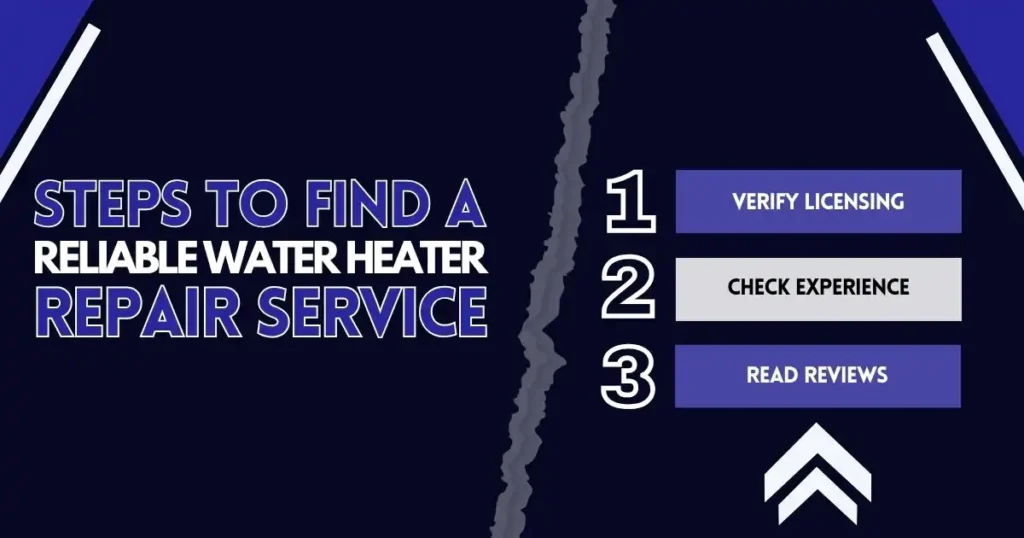
1. Verify Licensing
In Nevada, plumbers for water heaters must hold a Journeyman or Master Plumber license. This requires at least four years and 8,000 hours of experience. Always ask for proof of licensing so you know the technician is qualified.
2. Check Experience
Look for companies with a strong history of water heater repair. Technicians with experience can spot problems quickly and fix them right the first time. This saves you from having to call for repairs again.
3. Read Reviews
Customer reviews on sites like Yelp or Google can give you insight into a company’s reliability. Pay attention to feedback about prompt service and fair pricing. Consistent positive reviews mean you are more likely to have a good experience.
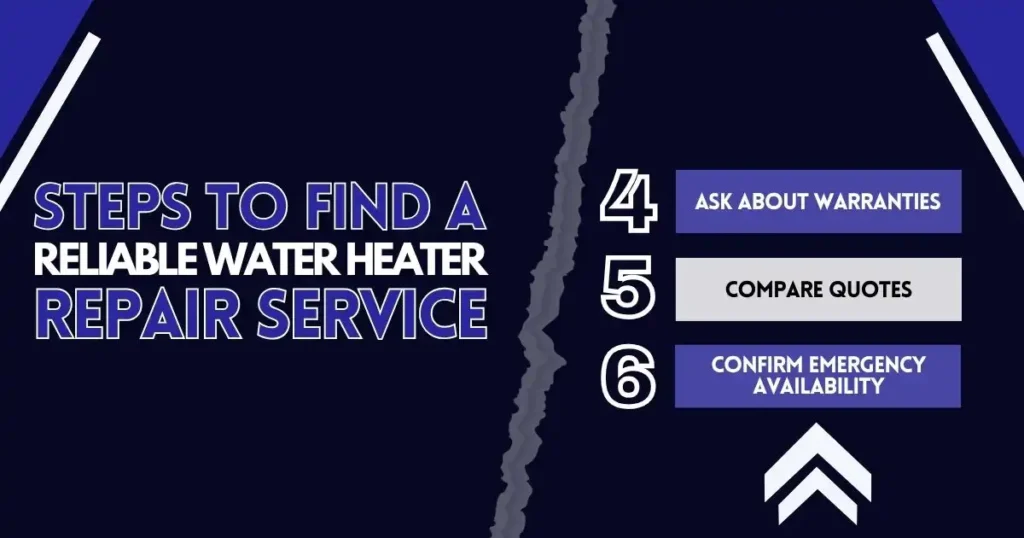
4. Ask About Warranties
A trustworthy water heater repair service will offer warranties on both parts and labor. This shows they stand behind their work and gives you peace of mind if something goes wrong after the repair.
5. Compare Quotes
Get at least three quotes to understand what is a fair price. The national average for water heater repair is $603, with most jobs costing between $221 and $985. Be careful if you get a quote that is much lower than others, as it may be too good to be true.
6. Confirm Emergency Availability
Water heaters can break at any time, not just during business hours. Choose a service that offers 24/7 water heater emergency service so you are not left without hot water for days.
Preventive Maintenance Tips for Water Heaters
Taking care of your water heater is especially important in Las Vegas, where hard water can shorten its lifespan. While most water heaters last between 10 and 15 years, regular maintenance can help yours run longer and more efficiently.
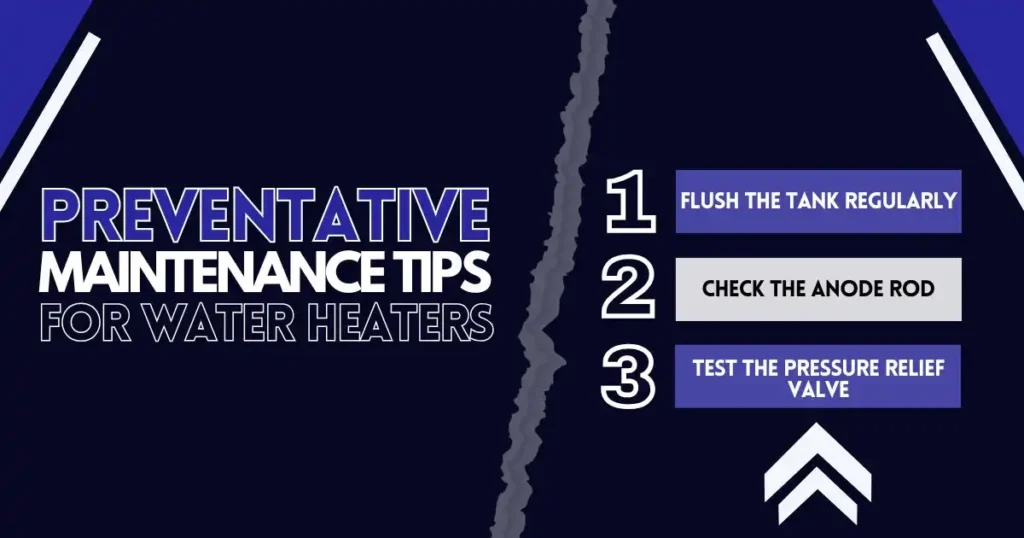
1. Flush the Tank Regularly
Flushing your water heater tank helps remove sediment and scale that build up over time. This buildup can lower efficiency and cause problems. In Las Vegas, where water is very hard, you may need to flush the tank twice a year instead of just once.
A professional flush costs about $110 to $209. Many homeowners share that flushing the tank is straightforward and can be done on your own if you are comfortable with basic home maintenance tasks.
2. Check the Anode Rod
The anode rod protects your tank from corrosion. It should be inspected every two to three years and replaced when it is worn down. A new anode rod costs around $20 to $50, which is a small investment to extend the life of your water heater. Some homeowners report that changing the anode rod every three to five years can help a water heater last well over 20 years.
3. Test the Pressure Relief Valve
The pressure relief valve is a safety feature that prevents pressure from building up in your tank. Test it once a year by lifting the lever to make sure water comes out. If it does not release water, contact a plumber to replace the valve.
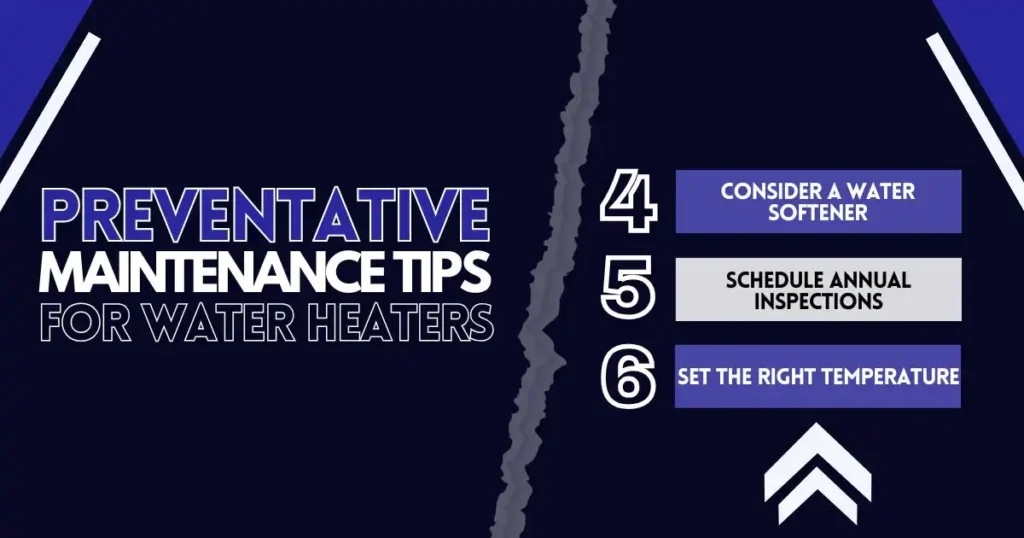
4. Consider a Water Softener
Las Vegas water is rich in minerals like calcium and magnesium, which cause scale to form inside your water heater. Installing a water softener helps reduce these minerals, cutting down on scale and protecting your appliances.
Water softeners are recommended to improve water quality and extend the life of your water heater. Homeowners often find that softened water helps keep not only the water heater but also other appliances in better condition.
5. Schedule Annual Inspections
A licensed plumber can spot problems early, such as leaks or worn parts. Regular inspections can help you avoid expensive repairs or replacements, which can cost between $883 and $1,807.
6. Set the Right Temperature
For gas water heaters, setting the temperature to 120°F can slow down mineral buildup. Hotter water speeds up scale formation, which is a common problem in hard water areas.
7. Maintenance for Tankless Water Heaters
If you have a tankless water heater, you are less likely to have sediment issues, but maintenance is still needed. Regular descaling helps prevent scale from building up in the pipes. Even with a tankless unit, using a water softener is recommended in hard water regions.
Invest in Lasting Comfort
No one wants to wake up to a cold shower or face the stress of a failing water heater. Noticing early warning signs—such as leaks, strange noises, or water that never gets hot—can help you avoid bigger problems and unexpected expenses. Choosing a licensed, reputable water heater technician and staying on top of routine maintenance can make a real difference in your home’s comfort and reliability.
For expert water heater repair, replacement, maintenance, and water softener installation, Vegas Plumbing Pros is ready to help. Don’t let small issues grow into costly repairs—Contact us today to protect your home, your comfort, and your budget.
FAQs
How much does it cost to replace a water heater in Las Vegas?
In Las Vegas, replacing a traditional tank water heater, including installation, usually costs between $1,400 and $2,100 for a standard 50-gallon gas unit. Electric models are slightly less, typically ranging from $1,400 to $1,900. Prices vary depending on the size, fuel type, and installation requirements.
How long does a water heater last in Las Vegas?
In Las Vegas, the average lifespan of a conventional tank-style water heater typically ranges from 8 to 12 years. This can vary depending on a few different factors, but that’s the general timeframe you can expect.
Do I need a permit to replace my water heater in Las Vegas?
Before you replace, remove, move, or install a water heater, you need to get a permit from the City of Las Vegas Building Department. A licensed plumber can take care of this for you by pulling the permit on your behalf before starting any work on the water heater.
What maintenance does a water heater need?
When maintaining your water heater, you’ll need to flush the unit, check the anode rod and replace it if necessary, look for any signs of rust or leaks, and test both the thermostat and valves. Among these tasks, flushing the unit is the most important step—and it’s definitely not one you should skip.
